So firearms would actually be safer in a non-insulated steel cabinet?
Not "safer", but in most cases there's no real value in claims of the majority of non UL or ETL (and many UL) fire rated "safes" because if the fire actually reaches where the "safe" is the internal temperatures are high enough your valuables are damaged/ruined. It takes a very highly rated "gun safe" to get your guns out unharmed in a fire at the location of the "safe". Most "safes" claim fire protection because of drywall/gypsum liners that cook moisture out. They steam cook the interiors your valuables are sitting in. THEN the time it takes to get the items out while they're in that environment adds to the problem. And that's not even the fire department or sprinkler contributions. The more effective protection comes from ceramic or older concrete liners that don't cook out moisture. There are some very sad threads at THR and elsewhere about the condition of firearms in famous maker "safes" after a fire.
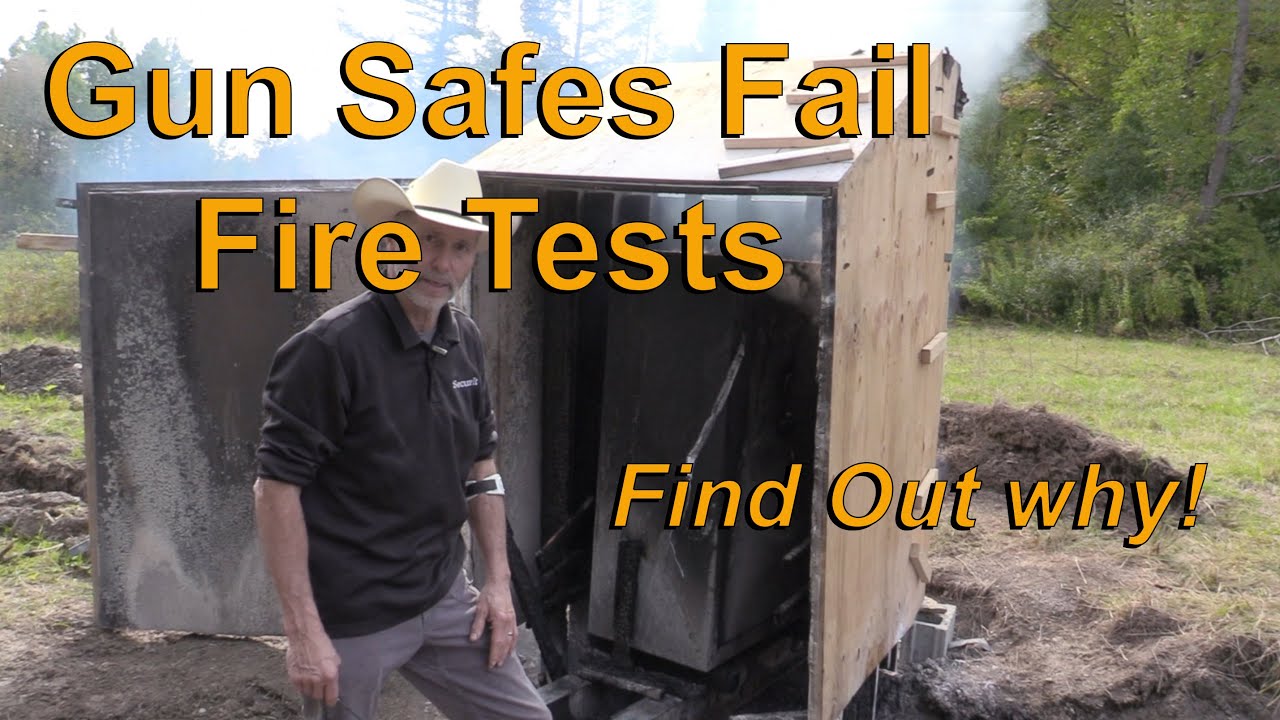
Gun Safes Fire Test - Don't Believe Fire Ratings
Real world gun safe fire test - 75 minutes fire rated safes fails in 20 minutes.Gun safe fire ratings are not based fire testing that simulates a real fire.T...
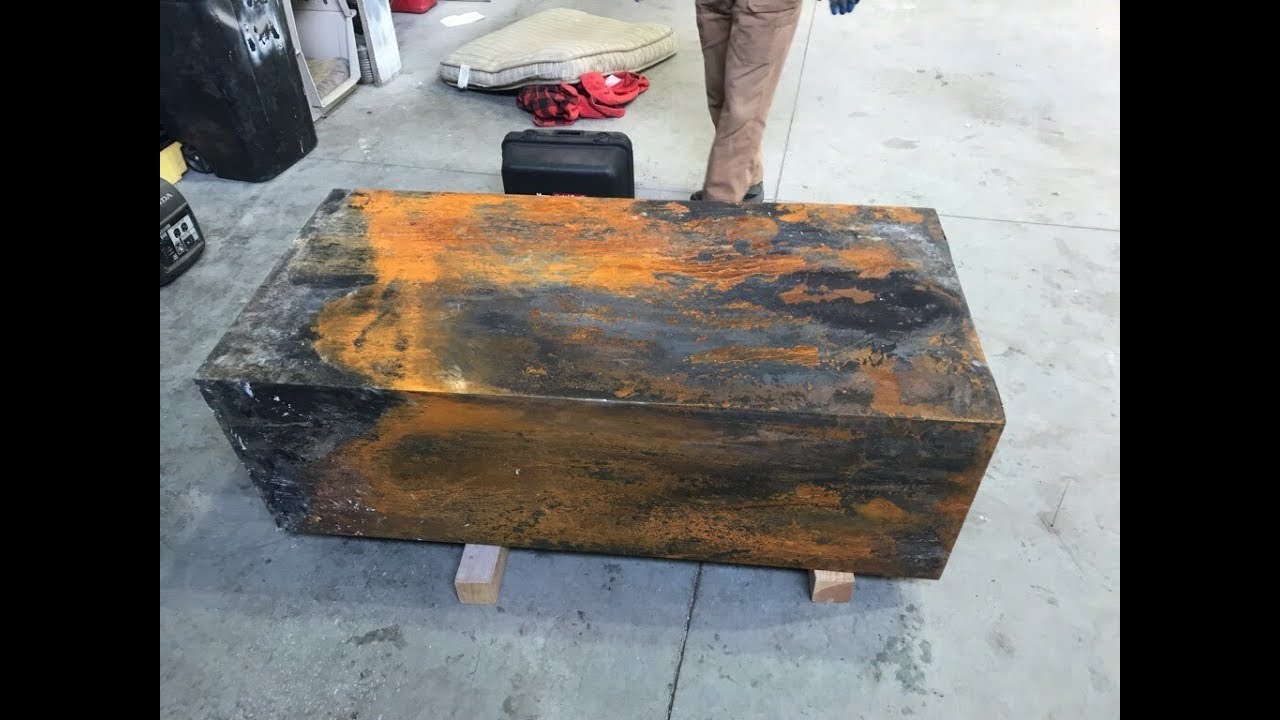
We open a fireproof gun safe after a house fire - See what’s inside!
See what happens when a gun safe that is supposed to be fireproof actually burns in a fire. The results are shocking!
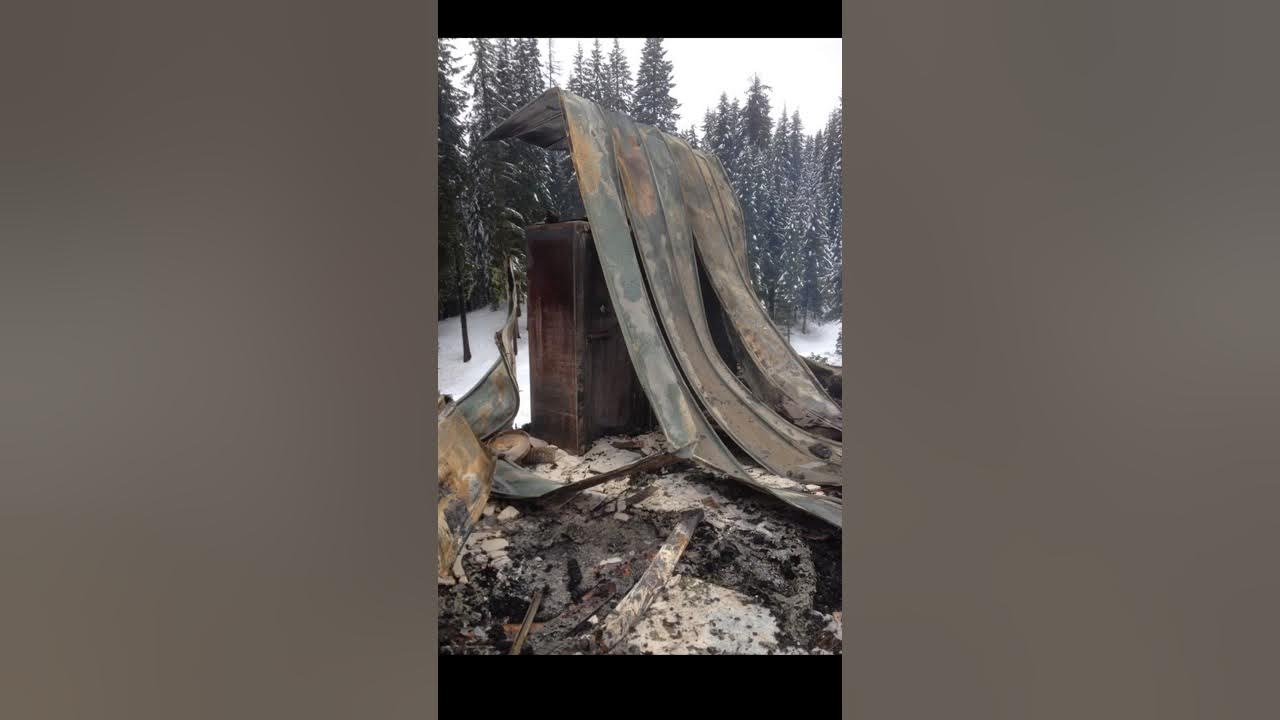
Two Sturdy Gun Safes Survive Complete Burn With No Water | Best Fireproof Safe | Fire Safe
A very long time ago we mentioned how a few of our safes went through a 100% total burn down without any water being able to quench anything down. We finally...
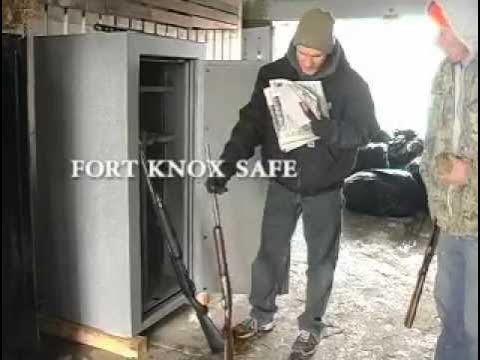
Fire Test: Fort Knox Safe Vs. Leading Brand
Fire Test between Fort Knox Defender series and a Big Box Retailers' Safe in an actual total burn down of a building. Temps over 2000 Degrees and Safes were...
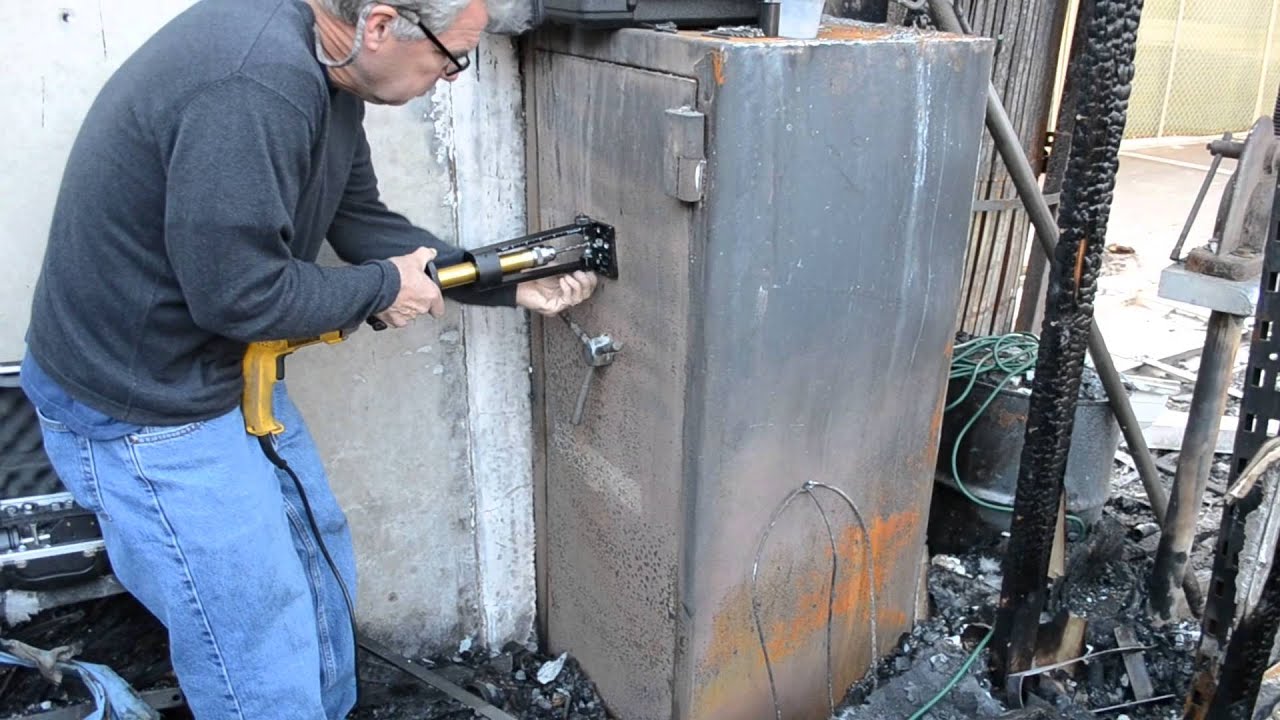
Gun Safe Fully Engulfed In Warehouse Fire
I sell fire rated gun safes and my company is OutLaw Safe Company in Anaheim, CA. I sold this gun safe to a customer and this safe was engulfed in a warehous...
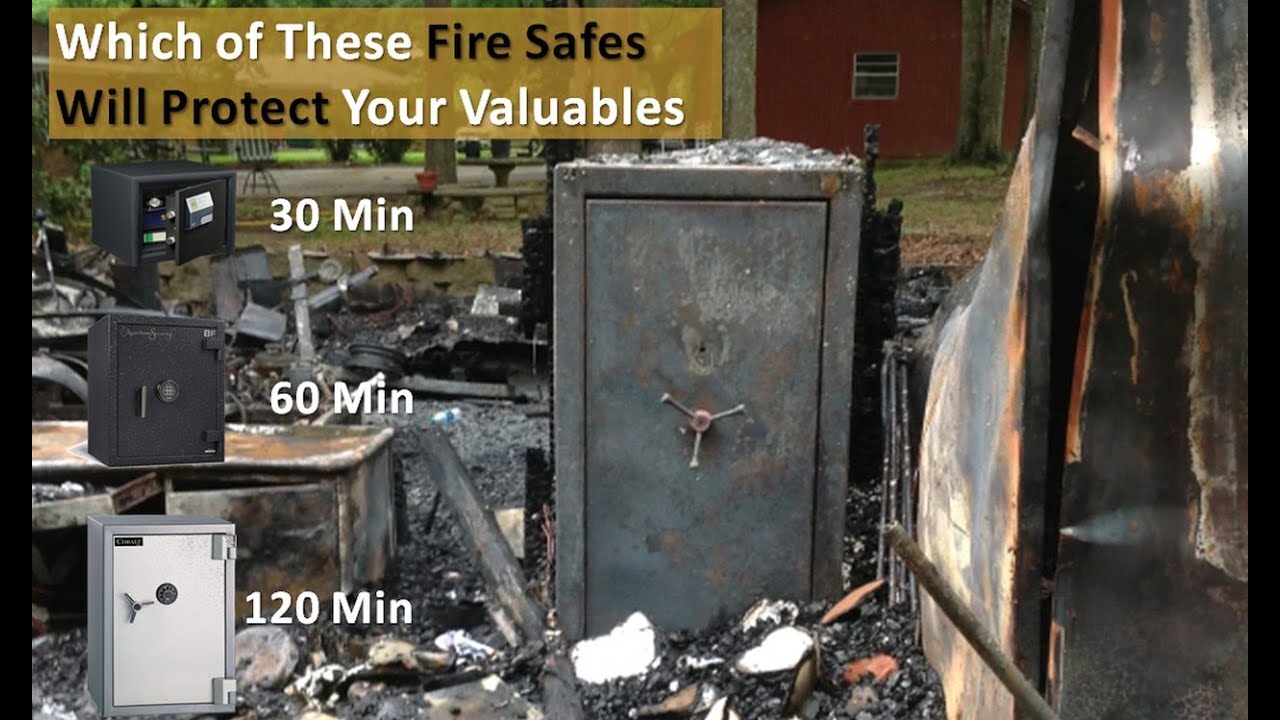
How Much Fire Rating Do You Need in a Safe?
What Do Safe Fire Ratings Mean? https://youtu.be/5SwZj72j2n0Burglar Ratings Explained: https://youtu.be/9u-asS7LdysBuy Fire Rated Safes Online from at ACME ...
Cautionary note about the videos, understand that the folks opening the safes aren't gun guys or firearms condition assessors so their "those look great" comments aren't what you'd base the condition on after you looked over your guns hours or days after the fire.

